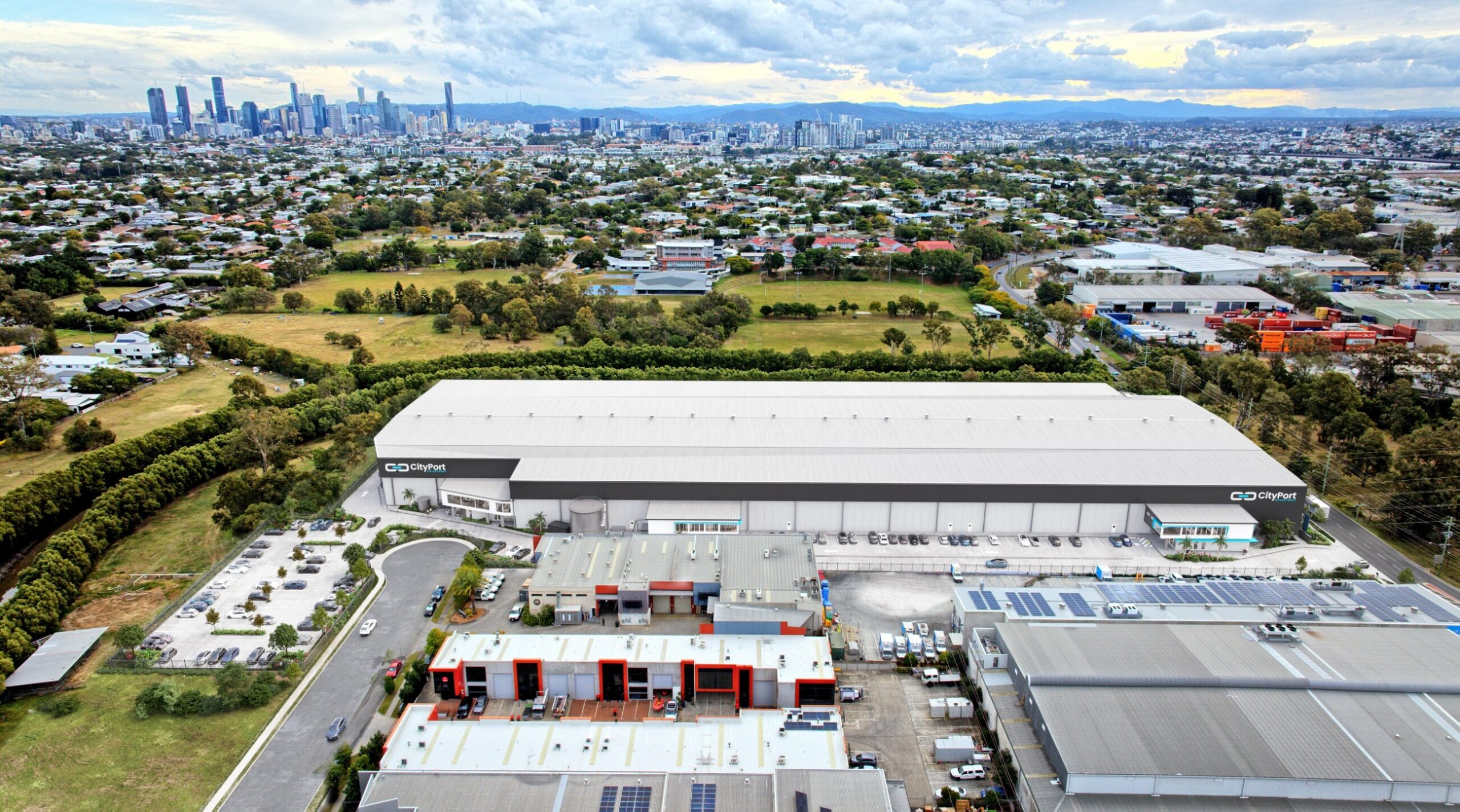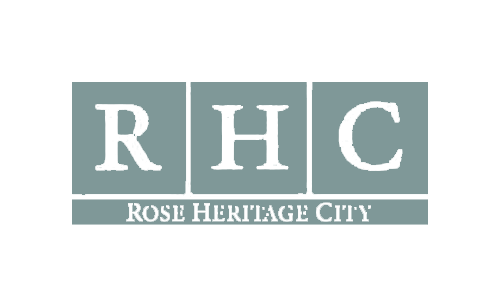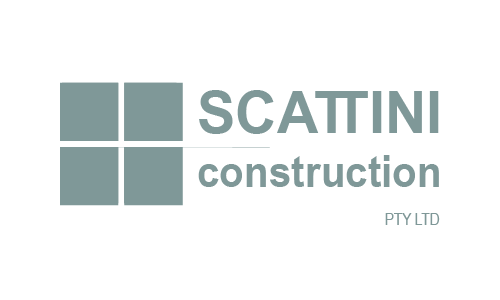nu .
Brisbane’s Latest Commercial Development Activity – May 2025

Brisbane’s Latest Commercial Development Activity – May 2025
Infrastructure, and New Growth Corridors
Brisbane’s commercial property market in 2025 is on an unprecedented growth trajectory. Driven by infrastructure projects, large-scale urban regeneration, and strategic industrial land releases, the city is positioning itself as the leading commercial and logistics hub in Australia’s north. With the 2032 Olympics on the horizon and ongoing upgrades to transport and urban precincts, Brisbane is not just catching up to its southern counterparts—it’s setting new benchmarks for commercial development.
This article explores the major precincts, strategic zones, and key projects reshaping Brisbane’s commercial and industrial landscape in 2025.
Brisbane CBD and Inner-City Developments: Vertical Expansion and Mixed-Use Transformation
The Brisbane CBD continues to evolve with significant vertical expansion and transformative mixed-use projects. Developers are responding to increased demand for premium office space, lifestyle amenities, and urban living with new towers and precinct-scale redevelopments.
Key projects include:
Queen’s Wharf Brisbane
$3.6 billion integrated resort development covering 26 hectares
Includes four luxury hotels, 50 new bars and restaurants, and 2,000 residential apartments
Features “The Arc,” an iconic sky deck with panoramic views of the city
Projected to attract 1.4 million additional tourists annually
Waterfront Brisbane
$2.5 billion redevelopment of Eagle Street Pier
Two premium office towers adding 120,000m² of commercial space
Enhanced riverfront public space and upgraded ferry terminals
Aimed at elevating Brisbane’s reputation as a global business destination
360 Queen Street
40-storey office tower with 50,000m² of premium office space
Designed to achieve a 5-Star Green Star rating for sustainability
Targeting major corporate tenants and financial institutions
Cross River Rail Priority Precincts
Mixed-use developments around new stations like Boggo Road, Woolloongabba, and Roma Street
Creating urban hubs that integrate retail, office space, and high-density living
Planned as Brisbane’s next generation of transit-oriented developments
Why it matters: Brisbane’s inner-city projects are redefining its skyline and adding significant commercial capacity. These new developments are unlocking opportunities for businesses to access state-of-the-art office spaces with integrated lifestyle amenities, positioning Brisbane as a competitive player in the Asia-Pacific market.
Industrial Precincts and Logistics Hubs: Brisbane’s Backbone for Trade and Distribution
Industrial growth in Brisbane is not limited to the outer ring—key strategic areas are expanding rapidly to support logistics, warehousing, and distribution. High demand from e-commerce, 3PL providers, and interstate freight has led to record-low vacancy rates across core industrial corridors.
Key precincts include:
Australia TradeCoast
One of the largest trade and logistics precincts in the Southern Hemisphere
Direct access to the Port of Brisbane, Brisbane Airport, and major arterial roads
Home to distribution centres for Woolworths, Coles, and Australia Post
Offers multi-modal transport options and strategic export facilities
Heathwood Logistics Hub
High-clearance warehousing and state-of-the-art distribution centres
Major tenants include Toll Group, DB Schenker, and Linfox
Positioned along the Logan Motorway for optimal freight movement
Parkinson and Larapinta Industrial Areas
Key locations for manufacturing, warehousing, and last-mile delivery
Modern facilities with flexible lot sizes ranging from 2,000m² to 20,000m²
Proximity to Ipswich Motorway and Mount Lindesay Highway
Northshore Hamilton
304-hectare priority development area, transitioning from industrial use to commercial and residential precincts
Focus on innovation, technology, and advanced manufacturing
Long-term plans to incorporate smart logistics and automated warehousing
Why it matters: Brisbane’s industrial zones are critical to supporting Queensland’s growth as a trade and distribution leader. These hubs provide streamlined access to national and international markets, making Brisbane a logistics powerhouse.
Mixed-Use and Lifestyle Precincts: Creating Liveable Workspaces
Brisbane’s growth is not purely industrial—mixed-use developments are reshaping the way the city lives and works. These precincts are designed to integrate commercial, residential, and recreational spaces, creating vibrant hubs that support economic activity and lifestyle.
Major developments include:
Bulimba Barracks Redevelopment
20-hectare riverfront site under transformation
Mixed-use precinct with residential, commercial, and public space components
Planned retail zones, cafes, and green corridors
Howard Smith Wharves
Expanding with a nine-storey boutique hotel and additional riverfront amenities
Designed to increase leisure and tourism along Brisbane’s riverfront
Integration of public spaces, outdoor dining, and cultural events
Brunswick & Co, Fortitude Valley
$300 million build-to-rent complex with 366 apartments
Focused on long-term leasing with premium amenities for urban professionals
Retail spaces and communal areas to enhance community living
Albion Exchange
$750 million transport-oriented development over the Albion train station
Two residential towers, retail, and commercial space
Designed to activate the area and improve transport connectivity
Why it matters: These mixed-use projects are redefining urban living in Brisbane, making the city more attractive for global talent and supporting long-term economic growth.
Major Infrastructure Projects: Connecting Brisbane’s Future
Brisbane’s infrastructure investments are set to transform the city’s connectivity and industrial reach, paving the way for long-term growth and commercial expansion.
Key projects include:
Cross River Rail
10.2 km rail link with four new stations and direct links to major business hubs
Designed to reduce congestion and connect key employment areas
Brisbane Metro
High-frequency, high-capacity public transport network
Two new metro lines servicing 18 stations
Enhanced connections to industrial zones and commercial precincts
Inland Rail Project
Direct freight link connecting Brisbane to Melbourne
Expected to reduce freight costs and increase export efficiency
Port of Brisbane Upgrades
Expansion of berths and storage capacity
Enhanced infrastructure for container handling and bulk exports
Why it matters: These infrastructure projects are not only improving mobility but are directly tied to the efficiency and scalability of Brisbane’s industrial sector.
Investment Opportunities: Where the Smart Money Is Going
Investors are flocking to Brisbane’s commercial and industrial markets for good reason:
Sub-1% industrial vacancy rates — driving rental growth
Strong land banking activity — particularly around Wacol, Parkinson, and Eagle Farm
Build-to-Rent surge — supporting long-term demand for urban living
Institutional interest — major funds securing long-term assets in TradeCoast and Logan Motorway
Top locations for 2025:TradeCoast for export-driven industrial
Western Brisbane Logistics Hub for large-scale warehousing
Fortitude Valley and Albion for mixed-use commercial
Northshore Hamilton for technology and innovation hubs
Let’s talk about your next Brisbane project
If you’re developing, leasing, or marketing a project within Brisbane’s booming commercial or industrial zones, we can help visualise it and take it to market with clarity and impact.
Get a free quote
Whether you’re selling land, securing approvals, or launching a campaign — we’ll help you visualise it clearly and move faster to market. Fill out the form below and we’ll send through a free tailored quote for your next commercial or industrial development.























